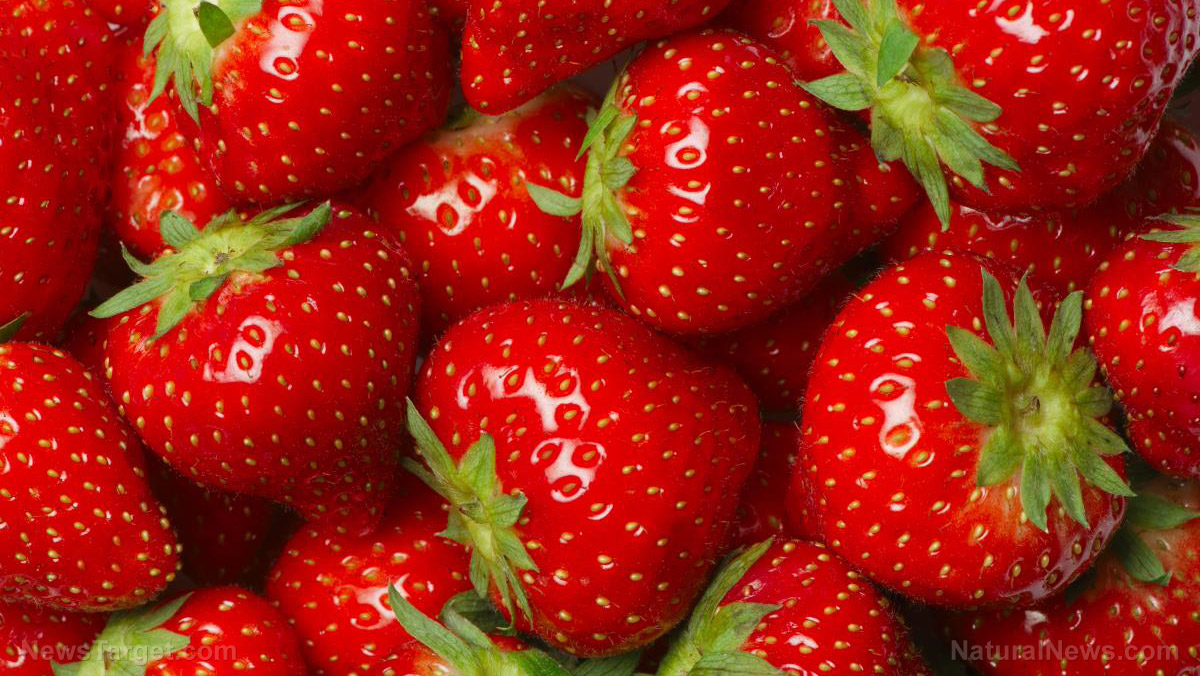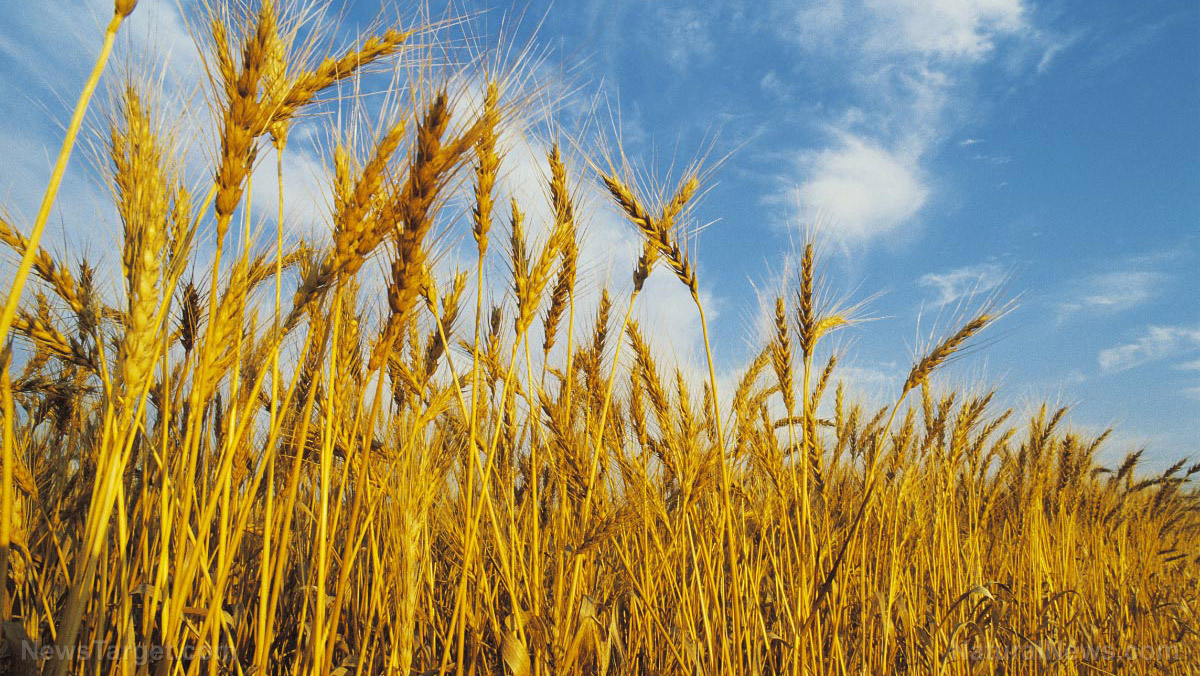Strawberries top the Dirty Dozen list AGAIN as the most pesticide-ridden crop you can eat
10/30/2018 / By Tracey Watson

It’s difficult to imagine that any fruit or vegetable could actually be bad for you, but the unfortunate fact is that conventionally grown produce is virtually drowned in pesticides which cannot be removed even with careful washing and peeling – a process which changes these nutrient-packed natural gifts into nothing more than poison dispensers.
Strawberries, with their delicious flavor and low sugar content, are a favorite with many people, especially those watching their weight. What many of us are unaware of, however, is that conventionally grown strawberries top the list known as the “dirty dozen” year after year because of all the neurotoxic pesticides they are sprayed with.
This year is no exception, and once again, the dirty dozen list released by the Environmental Working Group (EWG) places strawberries in the number one position for produce most contaminated with pesticides.
Strawberries are doused in pesticides
Each year, the U.S. Department of Agriculture (USDA) tests 38,000 samples of fresh produce for the presence of toxic pesticide residue. The EWG then uses the data collected by the USDA to compile its “dirty dozen” report. Regarding strawberries, this year’s report noted:
One strawberry sample contained an astounding 22 pesticide residues. One-third of all conventional strawberry samples contained 10 or more pesticides.
And this appears to be a global problem. The Australian group, CHOICE, noted that strawberries have been flagged as being of “high concern” for pesticide contamination in the United States, while in the U.K., 67 percent of all strawberries tested were contaminated with pesticides, and in France, tests revealed that at least 20 percent of strawberries in that country contain pesticide levels that exceed the legal limit.
CHOICE explained why strawberries are so vulnerable to excessive pesticide use:
Strawberries are more likely to be contaminated with pesticides than other fresh fruit, as growers use pesticides to protect their berries from insect pests and fungal diseases. Without pesticides, strawberries would be more expensive because yields would be lower and there would be greater losses from them going bad before they get to the shops (this is one reason why organic fruit costs more).
Don’t stop eating strawberries … just switch to organic
While it might seem like the simple solution to just stop eating strawberries, there are at least two reasons not to make such a drastic decision:
For one thing, while strawberries top the dirty dozen list, they are by no means the only pesticide-contaminated produce that we commonly eat. The list also contains spinach, nectarines, apples, grapes, peaches, cherries, pears, tomatoes, celery, potatoes and sweet bell peppers. It would be impossible – and unhealthy – to eliminate all these fruits and veggies from our diets.
Secondly, there are really sound reasons to increase our consumption of strawberries because of the myriad health benefits they offer. As previously reported by Natural News, organic strawberries offer much more than just delicious taste:
Strawberries are rich in antioxidants because of their flavonoid content. Because of their antioxidant capacity, they ward off free radical damage to low-density lipoprotein (LDL) or “bad” cholesterol. …
Some studies have now demonstrated that the fruits are good for the heart because they improve cholesterol and triglycerides even in overweight people and those with metabolic syndrome. Strawberries do this by not only lowering LDL cholesterol levels but also reducing the free radical damage that makes the LDL cholesterol dangerous. (Related: The superfruit that lowers bad cholesterol and promotes good health.)
Studies have also found that strawberries can improve osteoarthritis symptoms, preserve cognitive function and regulate blood sugar levels.
There are clearly sound reasons to switch to eating non-GMO, organically grown, pesticide-free strawberries. As delicious and nutrient-dense as they are, the extra expense is more than worthwhile.
Discover more news on clean food at CleanFoodWatch.com.
Sources include:
Tagged Under: conventional farming, dirty dozen, fresh produce, fruits, groceries, grocery, grocery cures, organic produce, organics, Strawberries, toxic chemicals, toxins



















